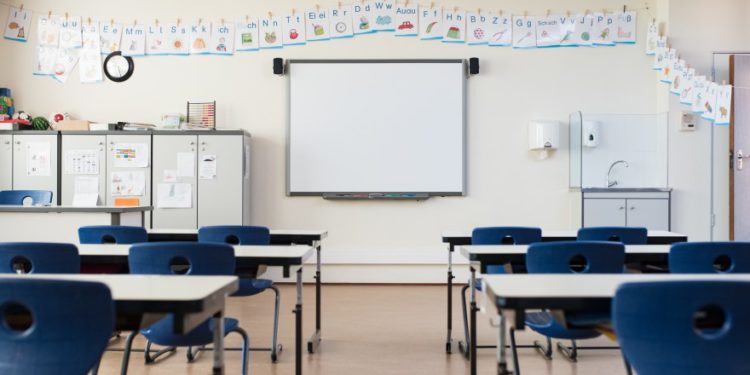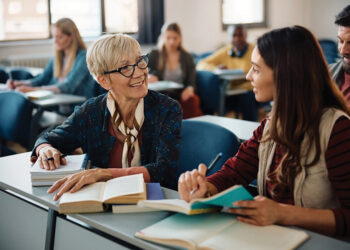UNICEF welcomes the government’s plan to gradually re-open schools in the cities and villages of Georgia. Safe re-opening of schools and preschools must be prioritized during lifting the restrictions related to the COVID-19 pandemic in the country.
School closures have had a negative effect on children all around the world. Children’s ability to read, write and do basic math has suffered, and the skills they need to thrive in the 21st-century economy have diminished. Their health, development, safety, and well-being are at risk. The most vulnerable children, children with disabilities, children living in poor families, are under the increased risk of being left behind.
Without daily interactions with their peers and a reduction in mobility, children are losing physical fitness and showing signs of mental distress. Without the safety net that school often provides, they are more vulnerable to abuse, child marriage and child labor.
That’s why closing schools must be a measure of last resort after all other options have been considered. If children are faced with another year of school closures, the effects will be felt for generations to come.
Assessing the risk of transmission at the local level should be a key determinant in decisions on school operations. There should be different strategies tailored to different areas and the schools that meet COVID-19 protection measures and the relevant regulations are reinforced, should be reopened.
Where there are high levels of community transmission, where health systems are under extreme pressure and where closing schools is deemed inevitable, safeguarding measures must be put in place. This includes ensuring that children who are at risk of violence in their homes, who are reliant upon school meals and whose parents are essential workers are able to continue their education in their classrooms.
Children in several big cities of Georgia are still affected by COVID-19 school closures, forcing them to rely on virtual learning. Now that digital learning has become the primary means to access education, the digital divide is deepening the existing inequalities. The closing of schools leaves more than 50,000 children in Georgia with no access to education. It is crucial that catch-up classes are provided to ensure that children, who have been unable to learn remotely, are not left behind.
UNICEF is also calling for teachers to be prioritized to receive the COVID-19 vaccine, once frontline health personnel and high-risk populations are vaccinated. This will help protect teachers from the virus, allow them to teach in person, and ultimately keep schools open.
Image source: iStock.Com / Ridofranz














